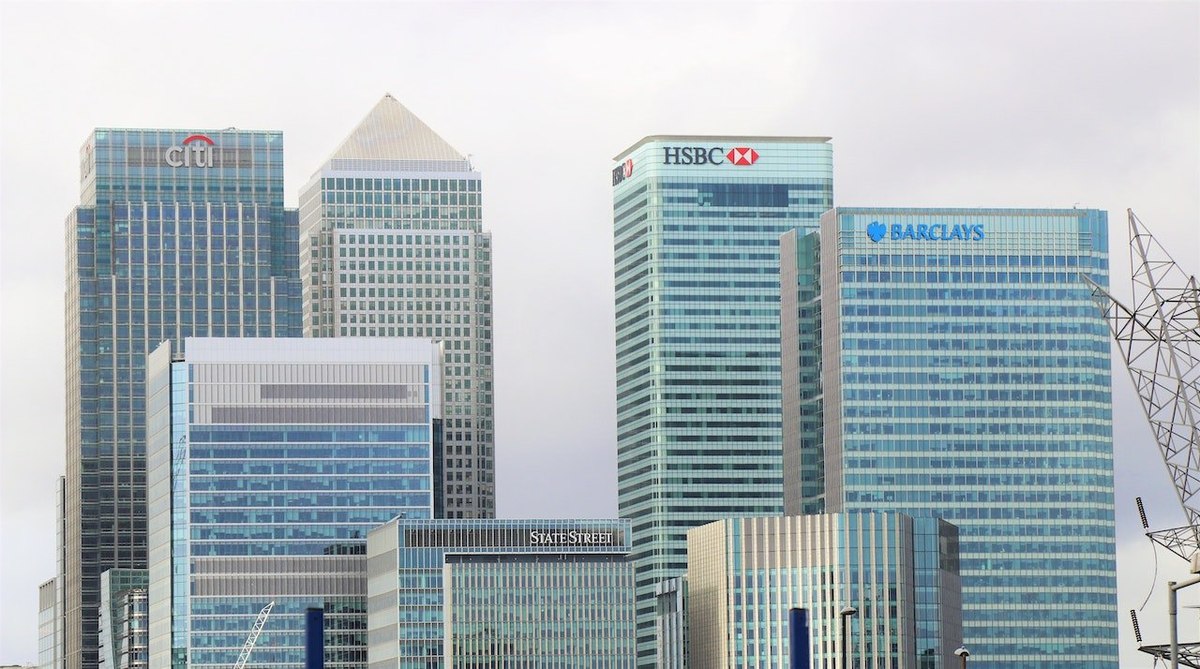
Are banks forcing a "cashless society" - or accepting the inevitable?
Nigel Farage recently laid into NatWest for trying to “force a cashless society” on the UK by limiting cash withdrawals and deposits for current account holders. Now, Farage and the bank may have a contentious relationship for other reasons, but the ex-UKIP and Brexit Party leader could be speaking to a real anxiety here – one that both The Guardian and The Telegraph have recently reported on.
There could, however, could be a commercial logic to de-emphasising hard currency. Looking at YouGov data from July 2019 – July 2023, we can see that the proportion of Britons who said they never made payments in cash rose from 2% to 8%, with the proportion who said they only make payments in cash if they have to rising from 42% to 55%. Combined, a majority (63%) appear to be using cash begrudgingly, if at all.
The proportion of Britons who make cash payments “fairly often” fell from 40% to 28% over this period. Those who say they exclusively make payments in cash stayed stable – at 2% in July 2019 and in July 2023 – but the proportion who said they “almost always” make payments in cash fell from 10% to 6%.
YouGov Profiles data also suggests that a majority of Britons don’t particularly enjoy making cash payments. When asked if they like to use cash when making purchases, just a third (34%) agree that they do, while nearly half (47%) disagree. Britons aged 18-34 are less keen on cash (32% agree that they like using it; 53% disagree) and over 55s slightly more (36% agree; 42% disagree) but among both the youngest and oldest, only a minority enjoy using hard currency.
COVID-19 may have accelerated the cashless tendency thanks to lockdown restrictions on in-person shopping. The proportion of Britons using cash regularly fell between January and July 2020 and as of 2023, has not risen to its pre-pandemic levels. But if the public mourn a society without cash, the reasons might be more sentimental than practical: most of us seldom use it unless we must.